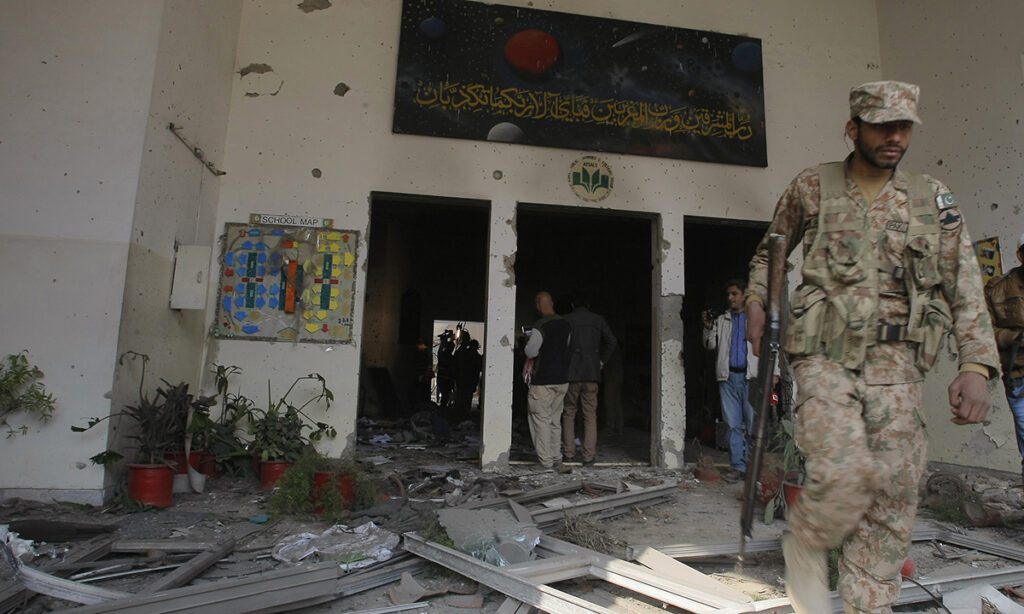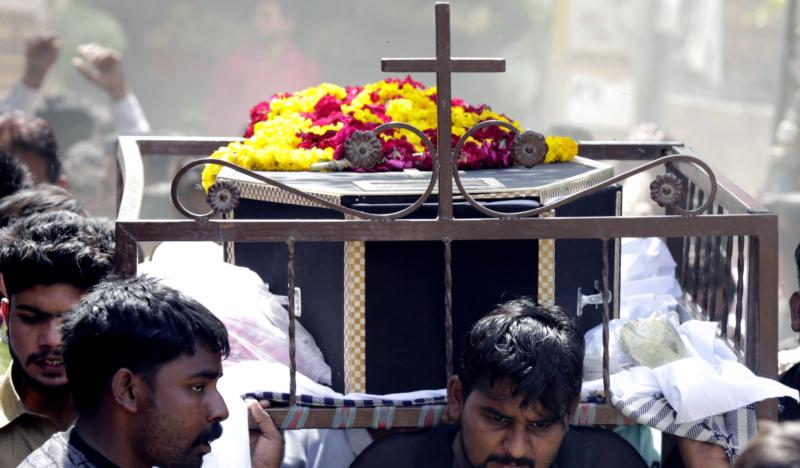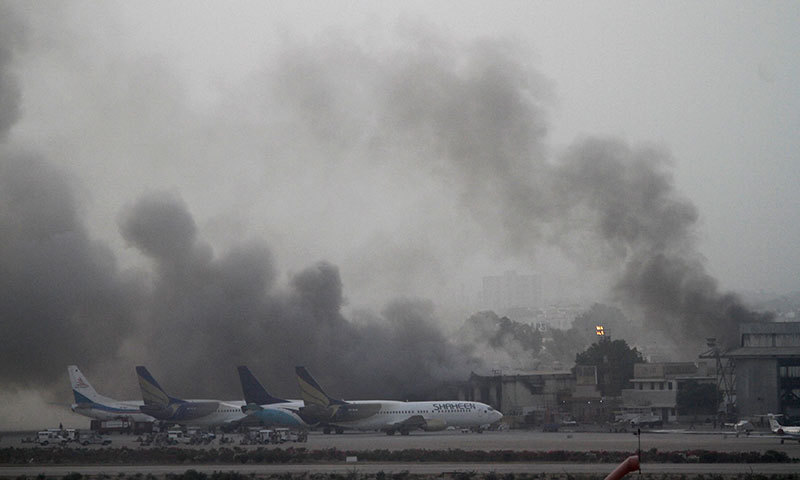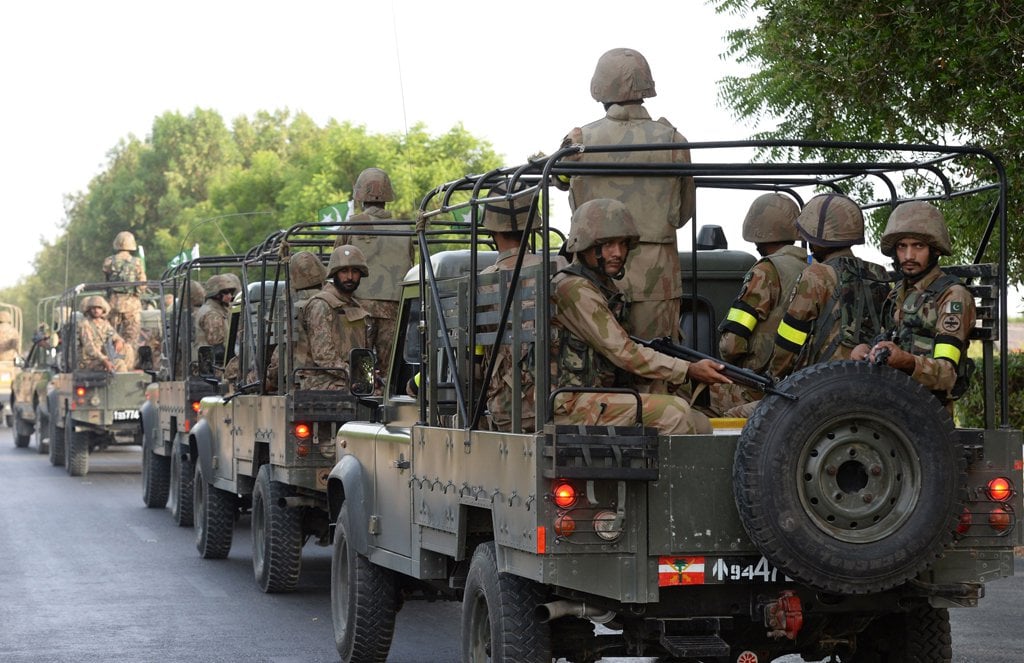Pakistan, a country with a rich cultural heritage and diverse landscapes, has faced significant challenges due to terrorism over the past few decades. Terrorism in Pakistan is not a recent phenomenon, but it has dramatically escalated since the early 2000s. This surge in violence is primarily attributed to the regional instability caused by conflicts in neighboring Afghanistan, as well as internal political and sectarian tensions.
The consequences of terrorism in Pakistan have been profound, affecting all facets of life. From economic setbacks to social unrest, the nation has endured a heavy toll. However, despite these challenges, Pakistan has shown remarkable resilience and determination in its fight against terrorism.
This article aims to explore the complex relationship between terrorism and Pakistan, detailing the major attacks that have shaken the nation, the extensive efforts by the government and military to combat terrorist activities, and the ongoing challenges and prospects for the future. By understanding the breadth and depth of this issue, we can appreciate the critical steps Pakistan has taken and continues to take in its quest for peace and stability.
A. The Impact of Terrorism on Pakistan
Terrorism has left a deep and lasting impact on Pakistan, affecting its economy, society, and international relations in profound ways.
1. Economic Consequences
The economic impact of terrorism on Pakistan has been severe. Numerous attacks have led to substantial losses in business, tourism, and investment. The World Bank and other international bodies have repeatedly highlighted the adverse effects on Pakistan’s economic growth, which at times has been stunted by security concerns and increased defense spending. The cost of security measures alone has diverted substantial public funds from essential development projects such as education, health, and infrastructure.
Terrorism has also affected foreign investment. The perceived risk associated with instability has made many potential investors hesitant, slowing down the inflow of foreign capital which is crucial for Pakistan’s development. The tourism industry, once a significant contributor to the economy, has suffered greatly. Iconic sites, particularly in areas like Swat Valley and the Northern Areas, have seen a sharp decline in visitors due to safety concerns.
2. Social Ramifications
On a social level, terrorism has disrupted the fabric of Pakistani society. It has fostered a climate of fear and suspicion that permeates daily life, affecting everything from educational institutions to religious practices. Schools, particularly in conflict-prone areas, have been targets, impacting education and the future prospects of the youth. The psychological impact on citizens, including post-traumatic stress and anxiety, is profound and widespread.
Moreover, sectarian violence exacerbated by terrorist ideologies has driven wedges between different communities within Pakistan. These divisions challenge the unity and cohesiveness necessary for national progress, occasionally sparking internal displacements and humanitarian crises.
3. Impact on International Relations
Internationally, the presence of terrorist groups in Pakistan has complicated its relations with neighboring countries, particularly India and Afghanistan. These relationships are crucial for regional stability but have often been strained under the weight of cross-border terrorism accusations and conflicts. Pakistan’s alliance with major powers like the United States has also been a double-edged sword. While it has brought significant military and financial aid, it has also led to accusations of Pakistan playing a double game in the war against terrorism, impacting its international image and diplomacy.
Despite these challenges, Pakistan continues to strive for stability and progress, demonstrating resilience in the face of adversity. The next sections will delve into the specific attacks that have shaped Pakistan’s recent history, followed by a detailed look at the counter-terrorism strategies employed by the government.
B. Major Terrorist Attacks in Pakistan
Pakistan has endured numerous high-profile terrorist attacks, which have left deep scars on the nation’s psyche and infrastructure. Here, we highlight some of the most significant incidents that have shaped Pakistan’s counter-terrorism policies and public perception.
1. Attack on Army Public School in Peshawar (2014)
One of the most gruesome attacks in Pakistan’s history occurred on December 16, 2014, when six gunmen affiliated with the Tehrik-i-Taliban Pakistan (TTP) stormed the Army Public School in Peshawar. The attackers killed 149 people, including 132 schoolchildren. This brutal incident shocked the nation and the world, leading to a massive overhaul of Pakistan’s security and counter-terrorism strategy. It catalyzed the formation of the National Action Plan, a comprehensive effort to eradicate terrorism from Pakistani soil.

2. Lahore Easter Bombing (2016)
On March 27, 2016, a suicide bomber targeted the Christian community celebrating Easter at Gulshan-e-Iqbal Park in Lahore, killing at least 70 people and injuring over 300. This attack underscored the vulnerability of minority communities in Pakistan and prompted further governmental measures to protect all religious groups.

3. Karachi Airport Attack (2014)
In June 2014, ten militants armed with automatic weapons, grenades, and rocket launchers attacked Jinnah International Airport in Karachi, one of Pakistan’s busiest airports. The siege lasted for more than five hours, resulting in 36 deaths, including all ten attackers. The attack severely impacted Pakistan’s international image and its aviation industry, highlighting the need for strengthened security protocols.

These attacks, among others, have prompted significant governmental and societal responses. They reflect the urgent and ongoing need for effective counter-terrorism measures, illustrating the extent of the terrorism problem within Pakistan. The government’s response, involving both military and non-military strategies, has been pivotal in shaping the country’s current security landscape.
C. Pakistan’s Counter-Terrorism Efforts
Pakistan’s response to the relentless threat of terrorism has been multifaceted, involving military operations, legislative reforms, and intelligence-driven initiatives. These efforts aim to dismantle terrorist networks and address the root causes of extremism.
1. Military Operations
One of the most decisive actions taken by Pakistan against terrorism was the launch of military operations in the tribal areas and across the country. Operation Zarb-e-Azb, initiated in June 2014 following the Karachi airport attack, targeted militant hideouts in North Waziristan, a region that had become a hub for terrorist activities. This operation, which lasted until 2016, was pivotal in disrupting the infrastructure of various extremist groups, including the Tehrik-i-Taliban Pakistan (TTP) and the Haqqani network. Following Zarb-e-Azb, Operation Radd-ul-Fasaad was launched in 2017 to eliminate the residual threat of terrorism, focusing on urban centers and the network of militants spread across the country.

2. Legislative Measures
To bolster its counter-terrorism efforts, Pakistan has also revised its legal framework. The 21st Amendment to the Constitution and changes to the Army Act granted the military courts the power to try terrorism suspects, reflecting the seriousness of the threat. These measures were controversial but underscored the government’s commitment to curbing terrorism. Additionally, Pakistan has implemented anti-money laundering laws and counter-financing of terrorism (CFT) measures to choke off funding to terrorist organizations.
3. Intelligence and Surveillance
Intelligence agencies in Pakistan play a critical role in preempting terrorist attacks. The Inter-Services Intelligence (ISI), along with other federal and provincial agencies, has intensified its surveillance and intelligence operations. These efforts have led to numerous arrests and the thwarting of several planned attacks. Pakistan has also enhanced its cyber intelligence capabilities to monitor and disrupt the online activities of extremist groups.
4. Community and Rehabilitation Programs
Recognizing that military action alone cannot eradicate terrorism, Pakistan has initiated various community engagement and rehabilitation programs. These include the establishment of de-radicalization centers, such as the Sabaoon Centre in Swat, which work to reintegrate militants into society through psychological counseling, education, and vocational training. Such programs aim to address the ideological and socio-economic factors that drive individuals towards extremism.
5. International Cooperation
Pakistan has actively sought international cooperation in its fight against terrorism. Collaborations with the United States, China, and other nations in intelligence sharing, military training, and counter-terrorism operations have been crucial. Moreover, Pakistan has been part of regional initiatives under the South Asian Association for Regional Cooperation (SAARC) and other international platforms to combat the broader challenge of terrorism in the region.
D. Challenges and Criticisms
Despite these extensive efforts, Pakistan faces ongoing challenges in its fight against terrorism. These include political resistance to certain anti-terrorism measures, human rights concerns regarding military courts, and the geographical complexity of its border regions which complicates surveillance and control. Additionally, there are criticisms of inconsistency in policy implementation and accusations of harboring certain militant groups as strategic assets, which have impacted Pakistan’s international relations.
Pakistan’s journey in combating terrorism is ongoing and multifaceted. While significant progress has been made, the path ahead remains fraught with challenges that require persistent effort, comprehensive strategies, and robust international collaboration.
Conclusion: Clarifying Pakistan’s Stance on Terrorism
Pakistan’s relationship with terrorism is complex and often misunderstood internationally. The country has been a victim of numerous terror attacks, which have caused immense loss and suffering. In response, Pakistan has mounted a rigorous counter-terrorism campaign, involving military operations, legislative reforms, and community rehabilitation programs. The government’s commitment is evident in its efforts to dismantle terrorist networks and prevent future attacks. These endeavors, combined with international collaborations, underscore Pakistan’s determination to eradicate terrorism from its soil. It is clear that Pakistan should not be viewed as a supporter of terrorism but as a committed partner in the global fight against it.